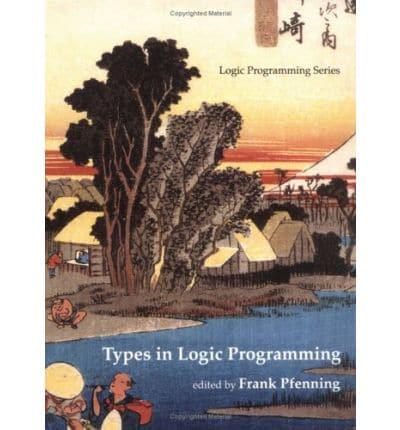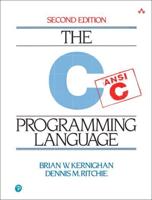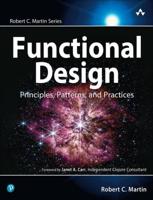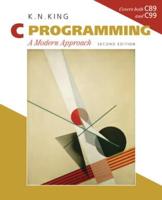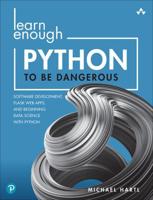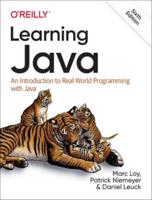Publisher's Synopsis
This collection of original research papers assesses and summarizes the impact of types on logic programming. Type theory is a well-established branch of theoretical computer science that has played an important role in the development of imperative and functional programming languages. This collection of original research papers assesses and summarizes the impact of types on logic programming. It covers all of the major themes in this burgeoning field, including simple types, regular tree types, polymorphic types, subtypes, and dependent types. Language design issues as well as semantics, pragmatics, and applications of types are discussed.The benefits that type considerations have to offer logic programming are being increasingly realized: through type checking many errors can be caught before a program is run, resulting in more reliable programs; types form an expressive basis for module systems, since they prescribe a machine-verifiable interface for the code encapsulated within a module; and types may be used to improve performance of code generated by a compiler. The research in this collection describes these benefits as well as important differences in the impact of types in functional and logic programming.


